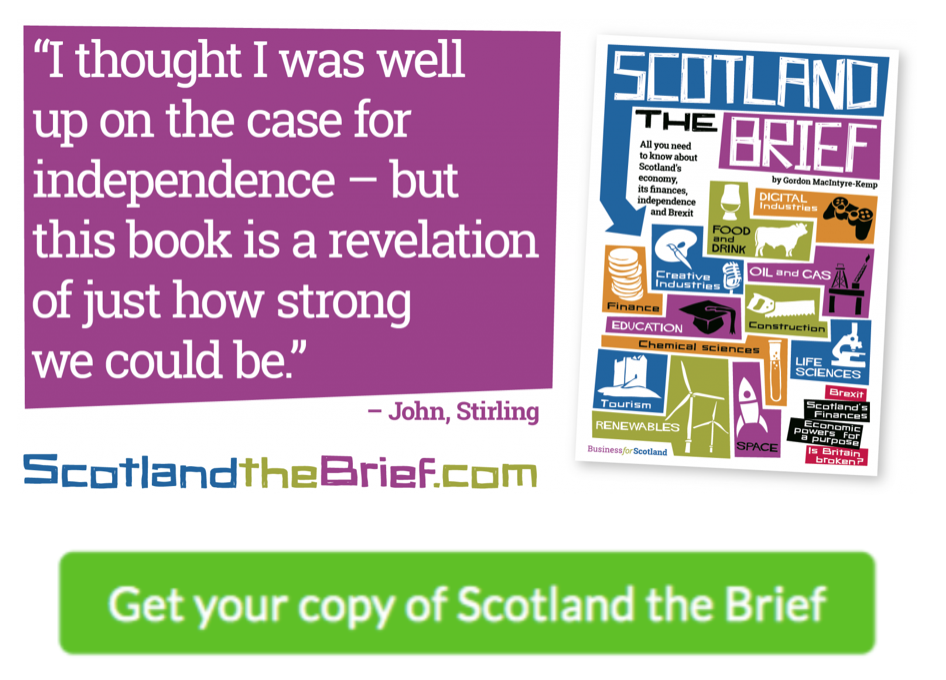As the city of Leicester is forced back into lockdown as cases spike again, the UK government’s incompetent, some would say heartless, approach to COVID-19 will cost lives and cause deeper economic damage.
From the start of the Covid-19 crisis, it’s been clear the Conservative government was prioritising the economy over public health. Its initial stance of herd immunity (to save the economy) was only abandoned when it became obvious that people were going to stay home anyway and that the leaders of the devolved nations were not going to go along with a plan that would be better described as actually culling the herd.
The Scottish First Minister, whose core values lean towards wellbeing rather than GDP maximisation, was highly more cautious and lobbied for an early lockdown. As Sam Coats, deputy editor of Sky News reported at the time: “Boris Johnson doesn’t want to curtail the liberties of British citizens, it’s Nicola Sturgeon who is pushing, pushing to take further, more draconian steps, he’s resting so Britain is inching forward with its response, rather than taking great steps”.
The Westminster government wanted to get back to business as usual and has been recklessly easing lockdown before the virus was under control – now Leicester’s people and its economy will pay the price.
In the last few weeks we’ve seen Scottish unionist politicians furious at the SNP government’s more cautious approach. Richard Leonard claiming Scotland must reopen in lockstep with the rest of the UK and the volte-face position of the ridiculous Jackson Carlaw, who tries to simultaneously complain that Nicola Sturgeon should have locked down earlier than the rest UK and saved lives (she did not have the power to do so) and that Scotland should not stay in lockdown longer than the rest of the UK to save the economy.
Now we have a ridiculous situation where unionist politicians and the mainstream press are claiming it’s controversial for Scotland to be considering restricting travel from England where the virus is not under control. Let’s be clear, the Leicester lockdown means Scotland’s unionist politicians think it’s ok to stop people travelling from Leicester to Nottingham but not ok to stop people travelling from Leicester to Scotland. Such hypocritical stupidity can only be driven by a constitutional obsession and cult-like addiction to the British state at all costs, even at the cost of lives. Thank goodness Scotland has a government that puts people first but that is not to say that the Scottish government’s stance is damaging to the economy, far from it.
Many more right-wing business figures, including some independence supporters such as Andrew Wilson, have urged a reduction of the social distancing rule to one meter and supported a faster reopening of businesses. His intervention, and in particular his comments that the UK economy would be the worst hit in the world and that Scotland’s economy would be affected more drastically the rest of the UK, led to a unionist press feeding frenzy and headlines that Scotland had the worst economy in the world.
That was a major political misstep for a man touted as a potential leader of the Yes campaign, but more to the point it was out of step with the feelings of the real business community.
Despite hundreds of contacts I’ve had with business owners – from emails to heart-breaking telephone calls to two hour online conferences with 30+ business owners at time, some set to lose everything, their businesses crippled – not one single business owner asked me to lobby to reopen the economy faster than the Scottish government is doing. They all want to reopen as soon as possible, they just understand that it doesn’t help the economy or their businesses to reopen when the virus is not under control.
Leicester is not a second wave, it’s the first wave; it’s just the UK government’s unhinged approach didn’t get the virus under control. If you ease lockdown too early then all the lockdown pain suffered before was wasted effort and, like a game of snakes and ladders, you slide back to the start. If three months of lockdown causes a massive fall in GDP then another two months will increase that economic hit and in the longer term that’s not good for business.
You can reopen shops, you can reduce social distancing guidelines, people can get haircuts and go to the dentists – when it is safe to do so. It doesn’t help the economy to double the time you have to spend in lockdown. Worse still it’s the poorer areas that will be hit hardest by losing control of the virus. Communities with higher immigrant populations, living in more compact family groups, sometimes in crowded tenements with more dependency on public transport and often filling key worker roles, are far more at risk than home working accountants and project managers from big PLCs who are enjoying working from home for a bit.
The UK government thinks that capitalism cures everything but it’s not the cure for COVID-19.
It’s hugely frustrating, tediously slow, economically restricting in the short term, but the Scottish government’s caution will mean when Scotland reopens for business we have a better chance of staying open. This way our economy will suffer less long-term damage than those parts of the rest of the UK forced back into lockdown. That will save business and protect jobs and, as has already been statistically proven, will save lives.









Not the scenario any of us could have expected, but the way Nicola et al have handled the pandemic in Scotland gives substance to the words of Alisdair Gray: we are working as if in the early days of a better nation.